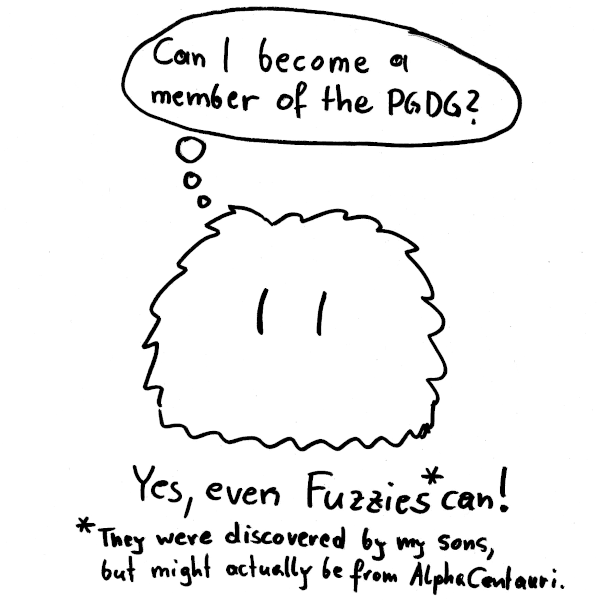
© Laurenz Albe 2025
Table of Contents
You may have encountered the abbreviation PGDG or the long version “PostgreSQL Global Development Group” in the PostgreSQL license text, the name of installation packages and elsewhere. But have you ever stopped to think who this mysterious organization is? Have you ever wondered how one becomes a member? Then read on.
I couldn't find an official definition, so here is mine: the PostgreSQL Global Development Group is the group of people who contribute in any way to the PostgreSQL software and its quality. Naturally, that includes the people who write code for the PostgreSQL database management system. But — at least in my understanding — the PGDG also includes many other people:
You can find some of the more notorious members of the PGDG on the contributors page, but that list is far from exhaustive. Recently, we tried to acknowledge all contributors to a PostgreSQL release in the release notes (see for example the acknowledgements for PostgreSQL v17). Despite our best effort, that list is certainly not complete (which is very much not the fault of Peter Eisentraut, who does his best to acknowledge everybody — thank you!).
To clarify my definition above, here is my take on how the PostgreSQL Global Development Group overlaps with other groups that belong to PostgreSQL (you can find them on the governance page):
I feel that I should add a disclaimer here. I don't mean to claim that the members of — say — the Code of Conduct Committee cannot consider themselves members of the PGDG. Indeed, I would expect that most people in the entities I listed above feel that they belong to the PGDG. Also, don't forget that this is my personal take at what the PGDG is. If you feel like commenting this article with your dissenting opinion, you are welcome. Just don't expect me to get into a fight about it!
Simple — wire 30 Euros to my bank account.
By choosing to send messages to a PostgreSQL mailing list, you are implicitly granting your permission for that message to be archived in that fashion, regardless of any e-mail disclaimer it might have. Additionally, source code submissions to mailing lists such as pgsql-hackers are considered submissions to the PostgreSQL project, falling under the project's PostgreSQL licence. Please make sure you have permission to share information with these lists before sending your message.
If you want to write code for PostgreSQL, you will find useful starting pages in the PostgreSQL Wiki:
But there are many ways to be a part of the PGDG without writing code, which also need your time and dedication:
The PGDG is no exclusive society, but something you can be a part of whenever you want. There are many ways to contribute to make PostgreSQL better, and these are not limited to development: perhaps this list of possible volunteer activities can inspire you.
A great way to get hooked to PostgreSQL is to attend a PostgreSQL conference!
Leave a Reply